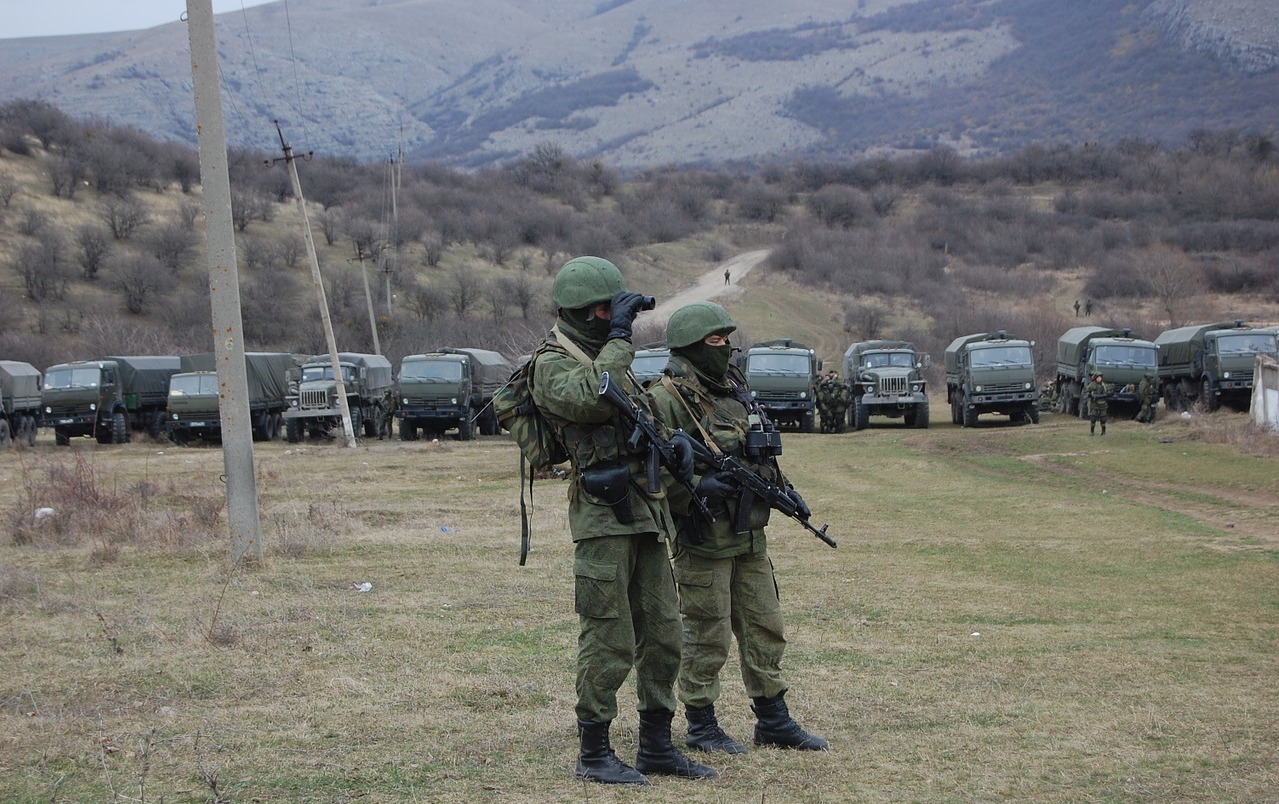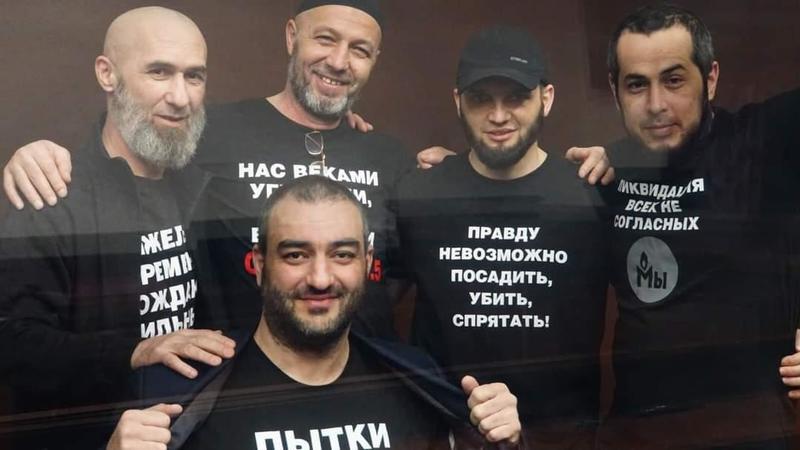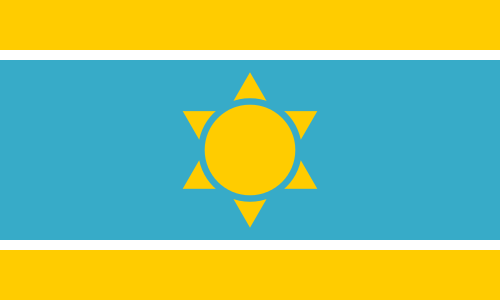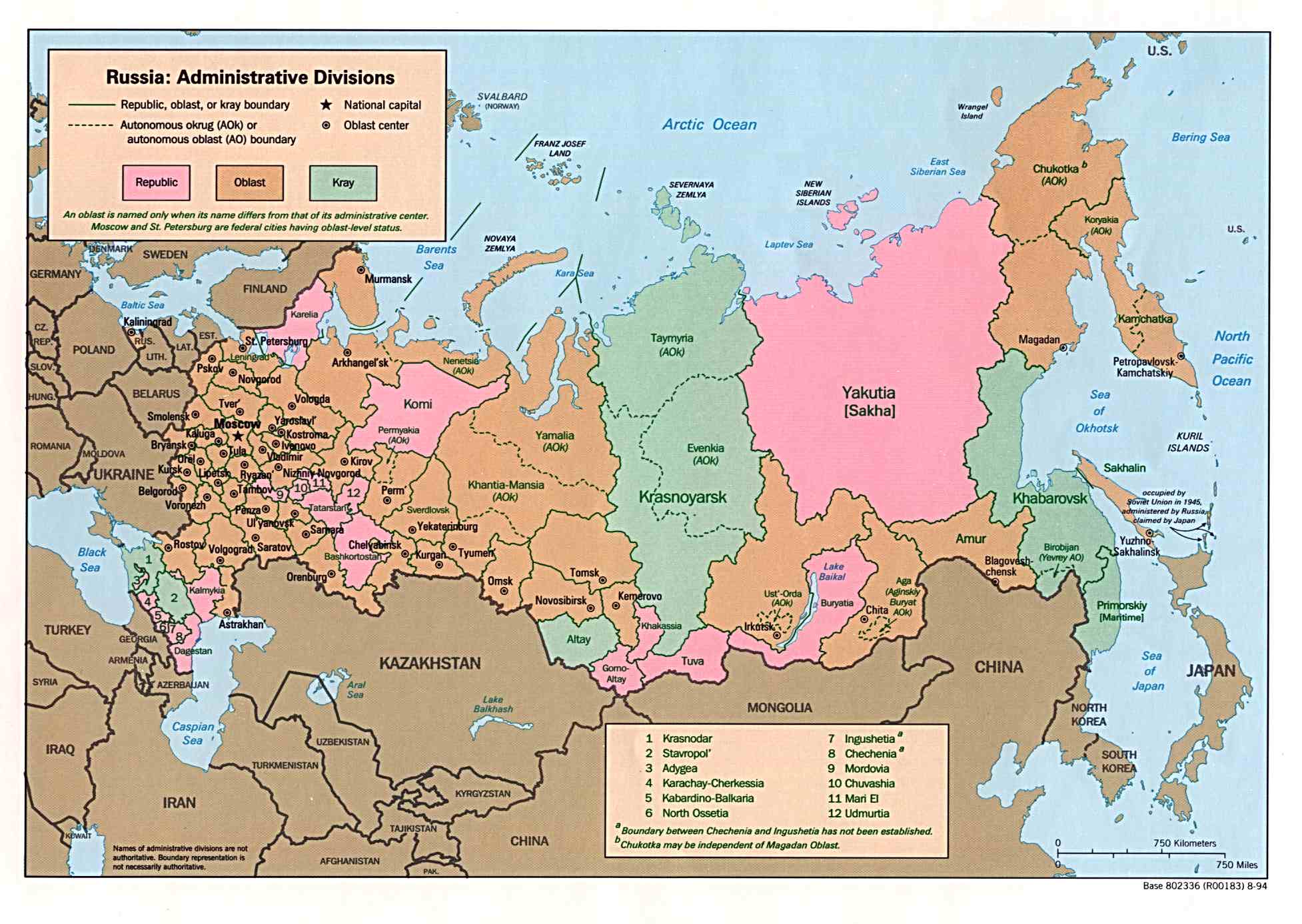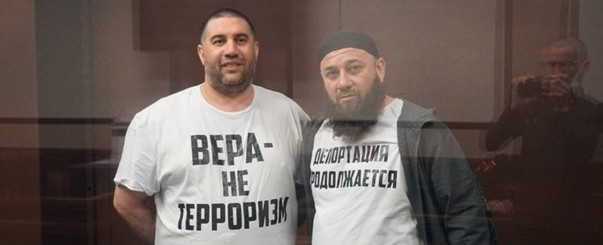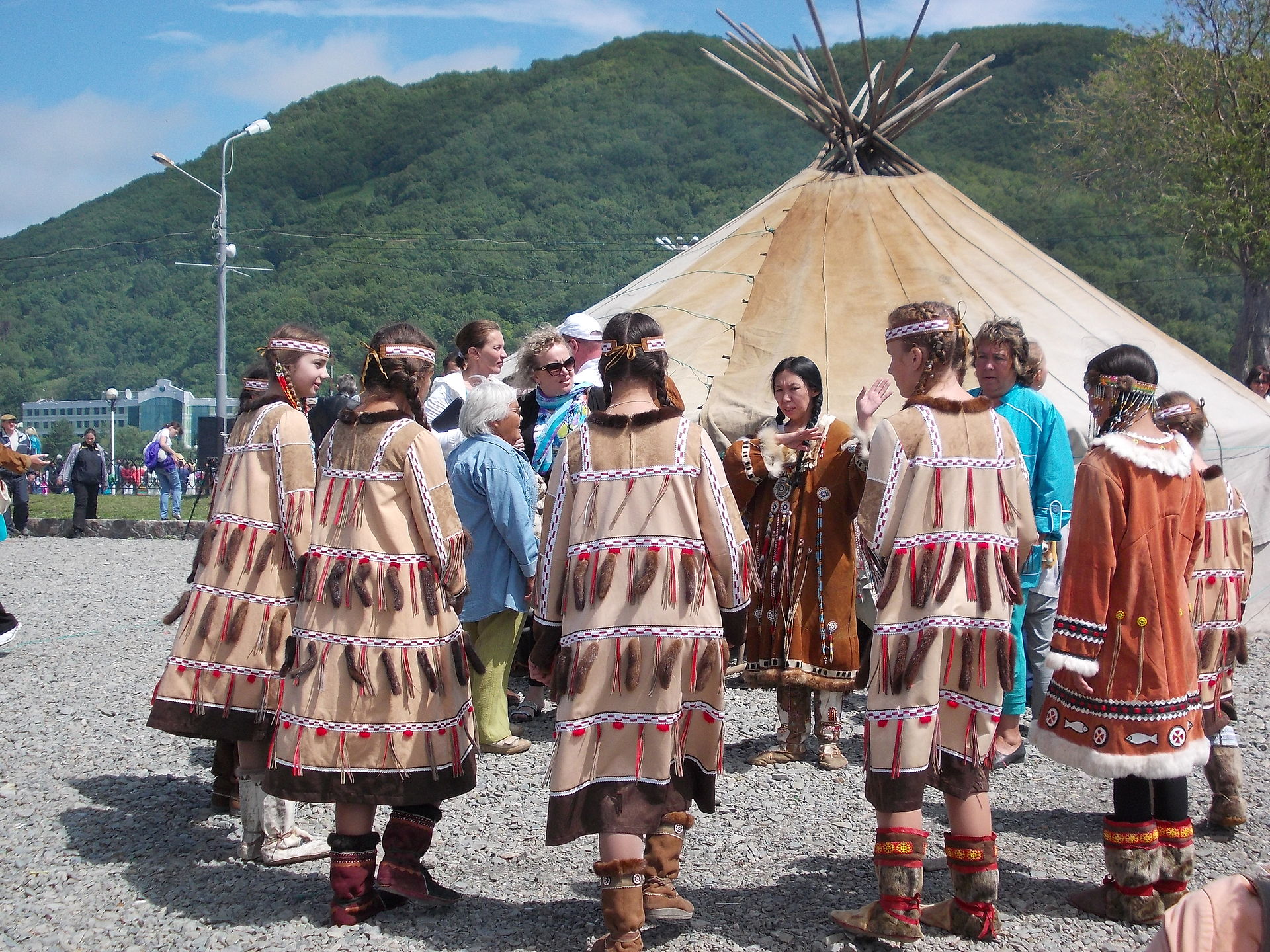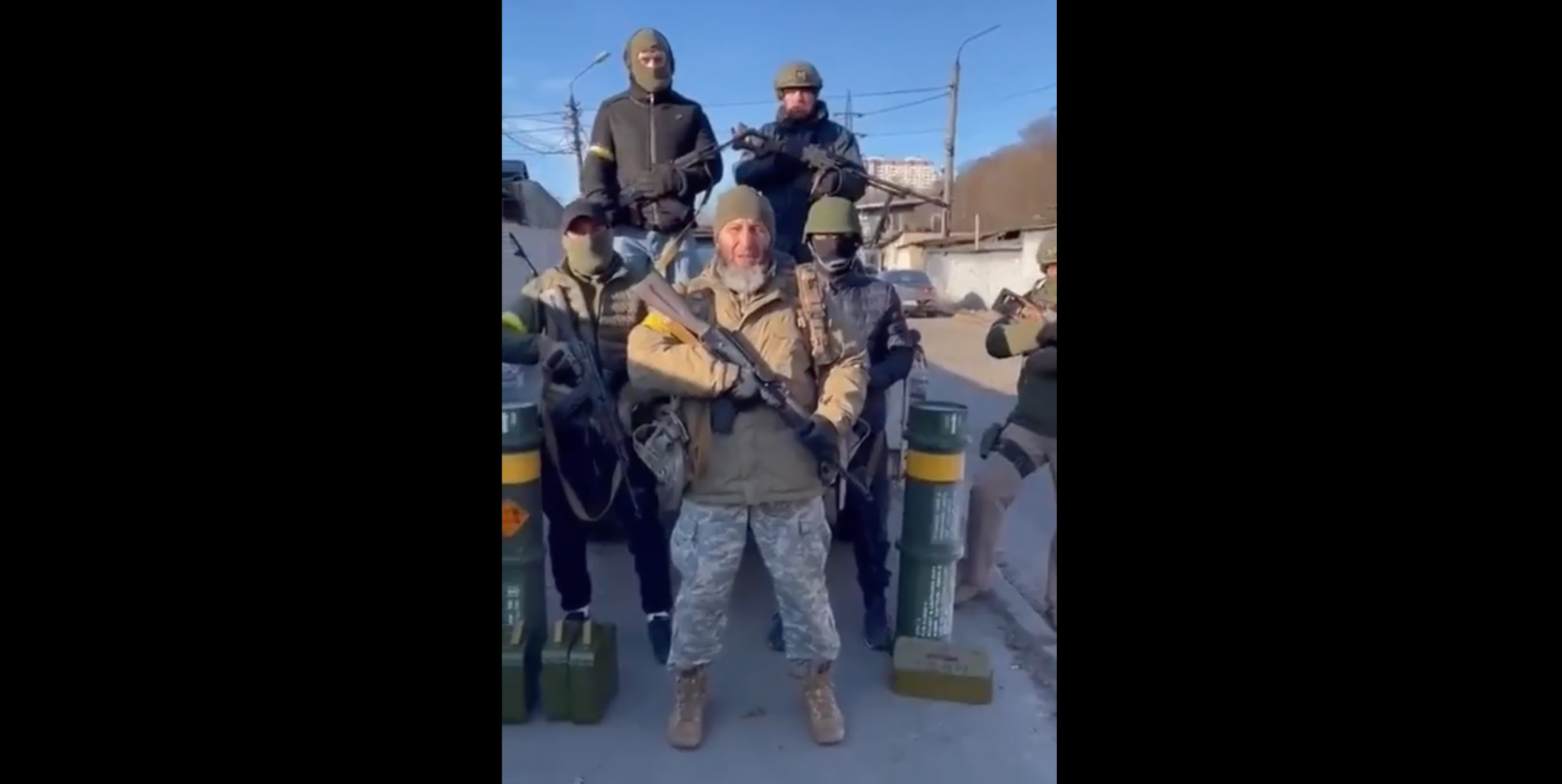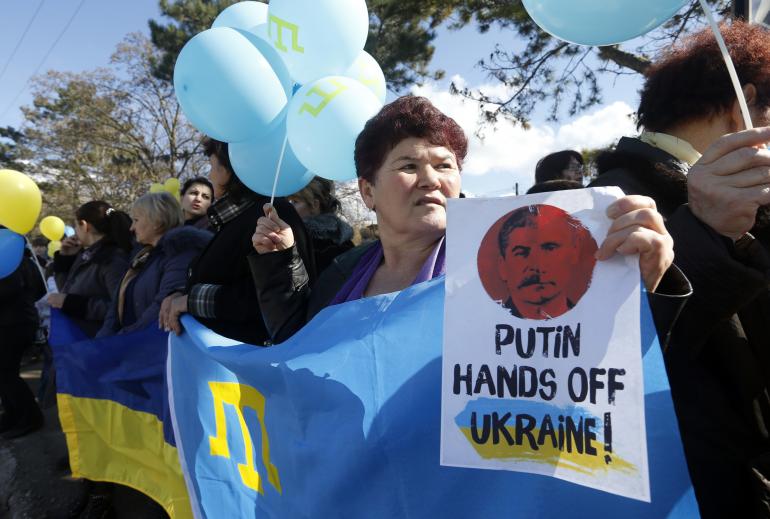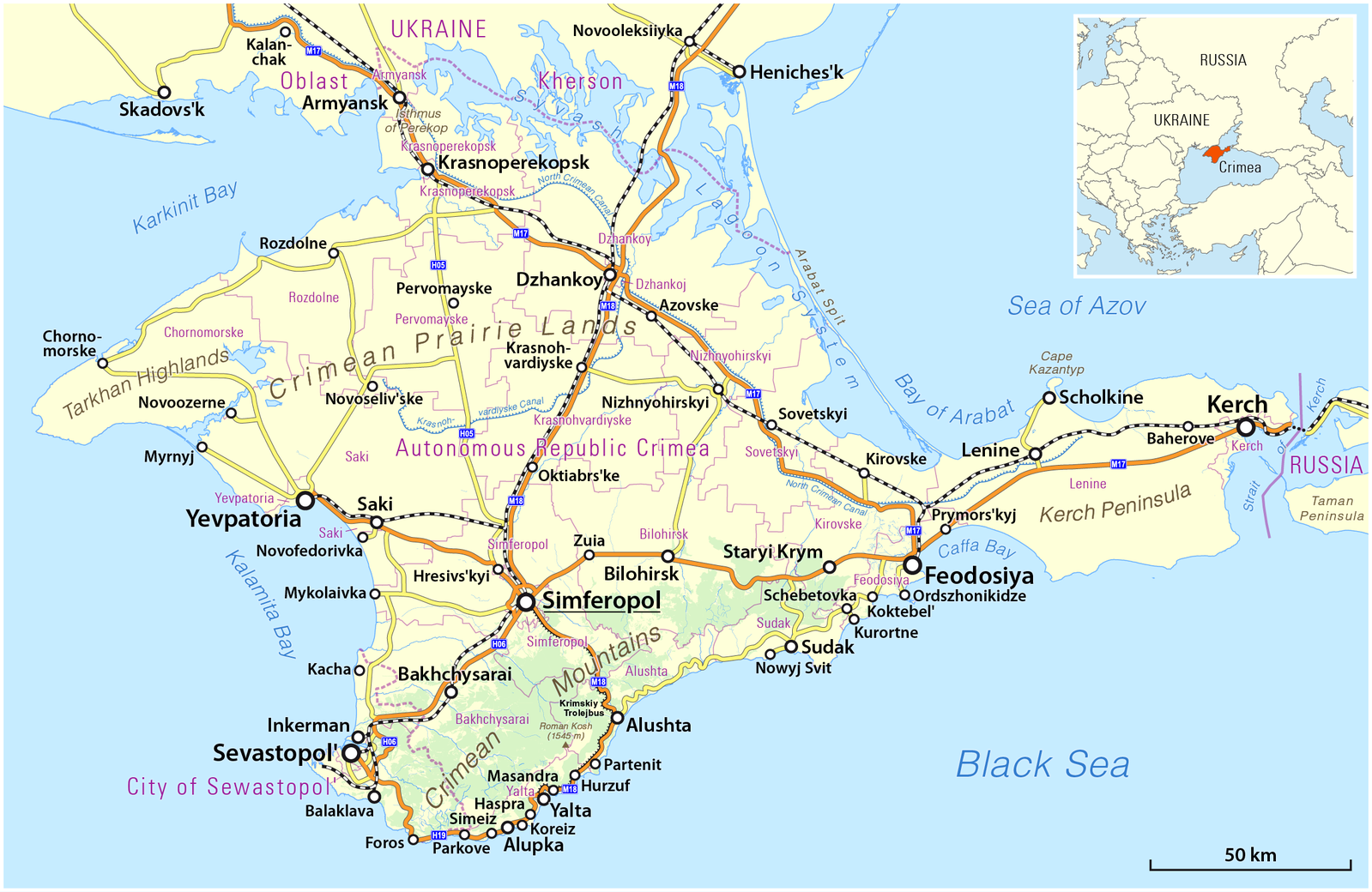
Crackdown on civil society widens in Crimea
Drone strikes and unexplained explosions on the Russian-annexed Criman Peninsula have prompted the Moscow-controlled administration to urge citizens to hunt for possible saboteurs. This comes amid widening repression on civil society, especially targeting the Tatar people. A local court jailed four people involved in a Tatar wedding in Bakhchysarai for performing a Ukrainian patriotic song. Officers of the FSB security agency raided the home of Vilen Temeryanov, an independent journalist working with the rights group Crimean Solidarity, in the village of Vilne. Temeryanov was detained on charges of collaborating with a “terrorist organization.” In New York, the Committee to Protect Journalists said: “Authorities must drop all charges against Temeryanov, release him immediately, and stop cracking down on Crimean Tatar journalists.” (Map via Wikimedia Commons)



